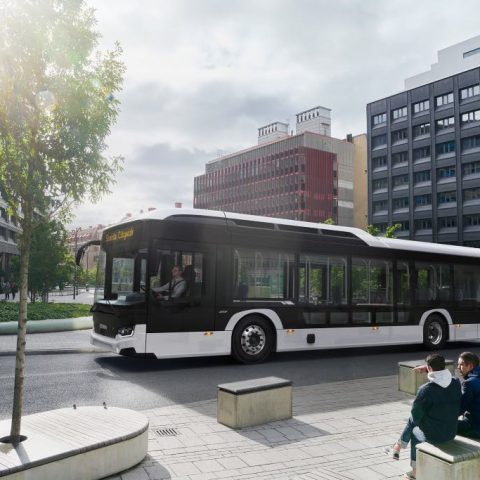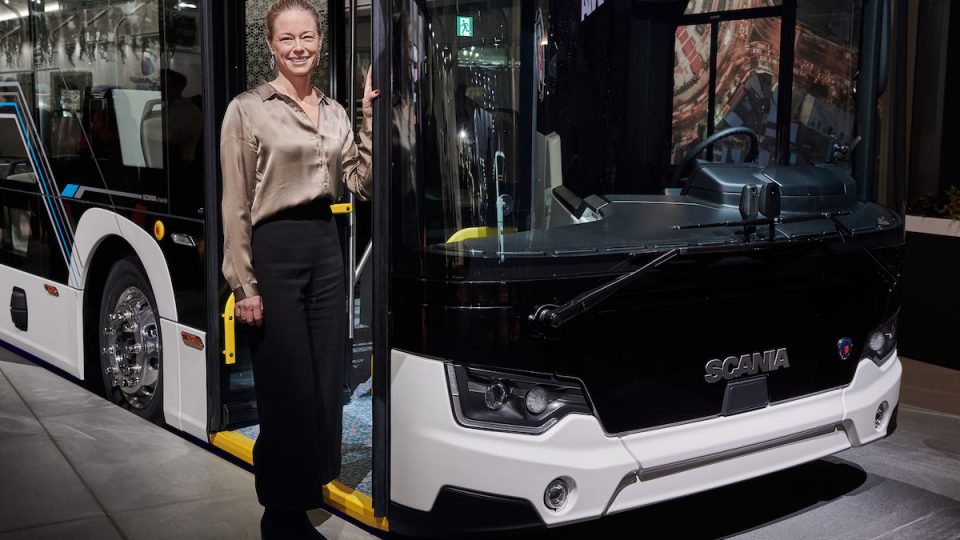Scania, the electrification roadmap. «Up to 500 km range achievable within 5 years»
Scania expects «an expanded range of up to 500 km in four to five years» for its portfolio of electric trucks and buses, that today offer a «range of up to 250 km per charge». The Swedish group has released a note explaining its roadmap towards e-mobility. The company offers in its portfolio the electric […]

Scania expects «an expanded range of up to 500 km in four to five years» for its portfolio of electric trucks and buses, that today offer a «range of up to 250 km per charge». The Swedish group has released a note explaining its roadmap towards e-mobility.
The company offers in its portfolio the electric bus Citywide BEV, that was ordered in September in Sweden. What is more, the group has planned an investment of over 100 million euros in a battery assembly plant (plus battery laboratory) in its headquarters of Södertälje, Sweden.
Potrebbe interessarti
Scania, Anna Carmo e Silva: «E-bus production in the starting blocks. Biofuel will play a role»
Scania electrification plans for buses and trucks
Scania has approved Science Based Targets for 2025 and signed The Climate Pledge, committing to be fully net-zero by 2040. «These commitments cover emissions from both operations and from when products are used by customers – where 96% of the total emissions from our operations and products are generated», the Swedish giant points out.
Scania adds: «While biofuels will be important as transition fuels in operations considered difficult to electrify – such as timber transports, remote transports, heavy and long-haulage transports – we are also working to electrify these segments and testing electric vehicles with early-mover customers».
“Knowing what’s coming and when, means that we can help the customers plan far ahead – which is hugely important when it comes to things like charging infrastructure that can take substantial time to implement, says Fredrik Allard, Senior Vice President for e-mobility. “Through strong partnerships and alliances with stakeholders in not just the traditional transport industry, but also when it comes to things such as energy infrastructure and green power, we intend to not just follow this industry transition, but to be at the forefront of it. Driving the shift as we like to say.”









